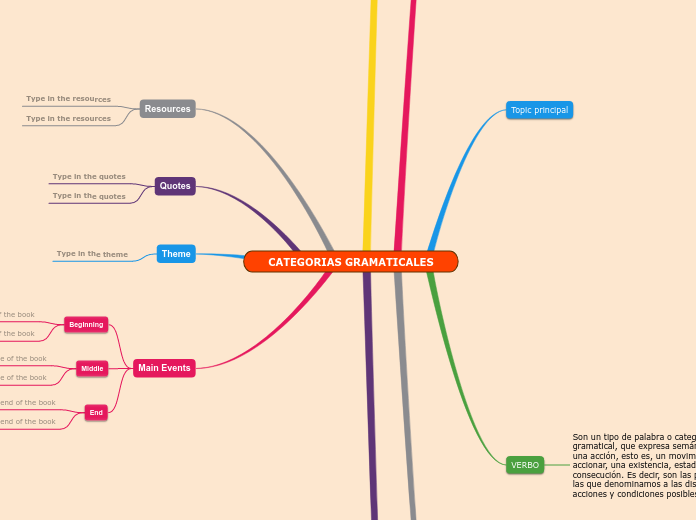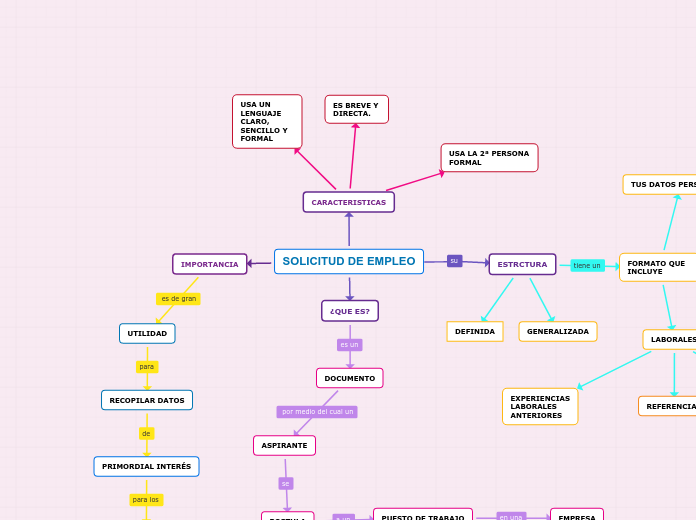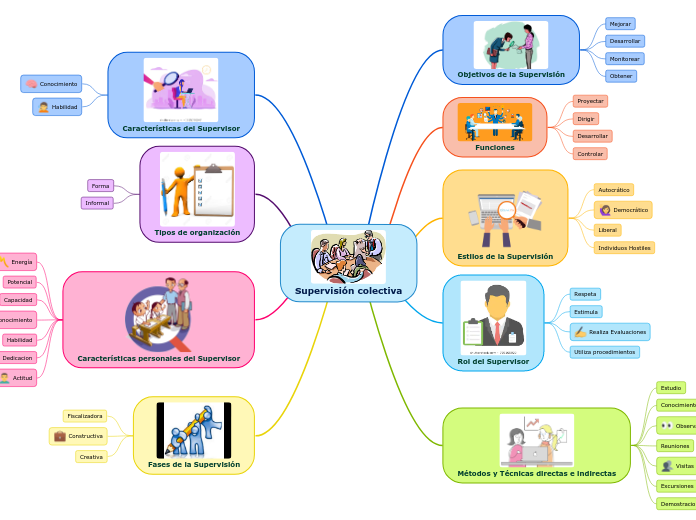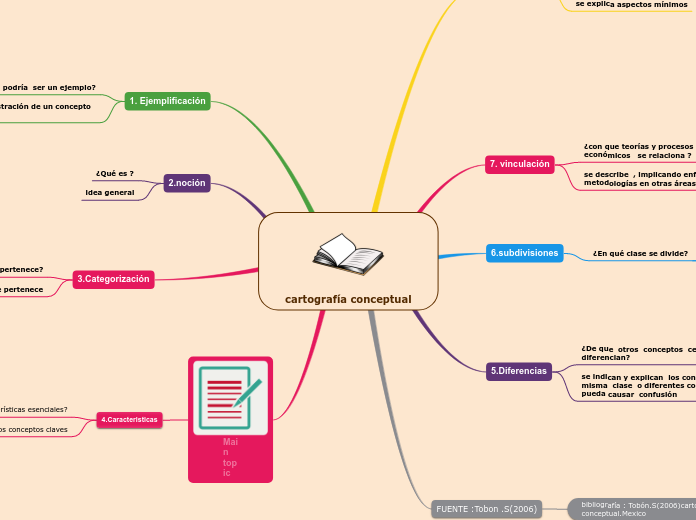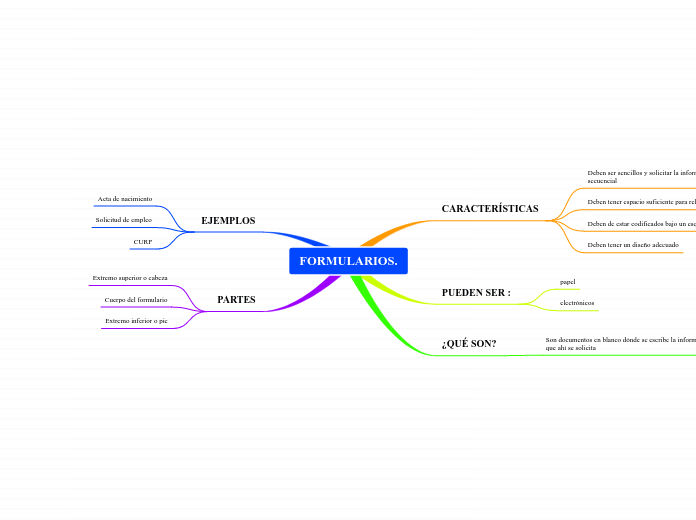CATEGORIAS GRAMATICALES
Type in the name of the book you have read.
Main Events
Type the main events of the book, classifying them in: events from the beginning, events from the middle, and events from the end of the book.
Describe the story visually. Add a representative picture for each of them.
End
Event from the end of the book
Type the main events from the end.
Add a representative picture for each of them.
Middle
Event from the middle of the book
Type the main events from the middle.
Add a representative picture for each of them.
Beginning
Event from the beginning of the book
Type the main events from the beginning.
Add a representative picture for each of them.
Theme
In contrast to the main idea, the theme is the message, lesson or moral of the book.
Some tips to find out the theme of the book easier:
- Try to find it while you are reading. It may be stated or implied.
- Think about how the characters reacted to obstacles.
- Think about the important decisions that the characters made.
- Think about the characters growing or changing throughout the book.
Type in the theme
Quotes
Type in the quotes
Take notes while you read the book. Write here your favorite quotes from the book.
Resources
Take notes while you read the book. Type here the resources, books, or websites that the author mentioned and you want to check out later.
Type in the resources
PRONOMBRES
Son palabras que se emplean para referirse a las personas, los animales o las cosas sin nombrarlas, siendo de esta manera posible; sustituir al sustantivo, definir o variar el número, género y hasta persona en una oración.
The main idea is what the book is mostly about.
Some tips to find out the main idea of a book easier:
- Read the title.
- Look for the text features.
- Figure out if you are reading a fiction or a non fiction book.
- Think about some examples that support this idea.
ARTÍCULOS
Type the names of the book characters. Start with the main character.
Draw arrows to represent the relationship between them and if it is possible write on them what they represent for each other (if they are relatives, friends, lovers, enemies etc.)
s la palabra que acompaña al sustantivo y siempre va delante de él. Es la palabra que funciona siempre como un determinante o identificador del sustantivo
Characteristics
What are the characteristics that best describe the character? Type them here.
ARTICULO INDEFINIDO
se usa cuando se refiere a una cosa o una persona en general, puede ser en singular o en plural
UN bebe
UNOS peces
UNA maleta
UNAS jirafas
ARTÍCULO NEUTRO
transforma adjetivos en sustantivos abstractos. No señala genero (femenino o masculino).
no puedo tomarme el café por LO caliente que esta.
has visto LO rápido que corre
ARTÍCULO DEFINIDO
son aquellos que hablan de algo conocido y que se puedes identificar.
EL bus es amarillo
LAS flores están muy lindas
LOS lentes me quedaron muy bien
LA falda me quedo grande
VERBO
Son un tipo de palabra o categoría gramatical, que expresa semánticamente una acción, esto es, un movimiento, un accionar, una existencia, estado o consecución. Es decir, son las palabras con las que denominamos a las distintas acciones y condiciones posibles.
Topic principal
ADEJTIVOS
What is the reason why the author wrote the book?
Es una clase de palabra o parte de la oración que califica al sustantivo, y que aporta información adicional o complementa su significado.
SUSTANTIVOS
Who is the author of the book? Type in his/her name.
Author name
TIPOS DE SUSTANTIVOS
SUSTANTIVOS COMUNES
Designan a una persona, animal o cosa de manera general y se clasifican en:
se clasifican en
SUSTANTIVOS CONCRETOS
se clasifican en:
SUSTANTIVOS CONTABLES
Pueden numerarse
COLECTIVOS: Nombran de manera global o grupal a un conjunto de personas o cosas.
personas
cardumen
numeros
mesas
INDIVIDUALES: Nombran un ser en particular en singular
pez
Nombran cosas y objetos que sí pueden ser percibidas por los sentidos.
silla
libro
carro
perro
SUSTANTIVOS ABSTRACTOS
Designan ideas, conceptos y sentimientos que no pueden ser percibidos por los sentidos.
por ejemplo
amor
felicidad
odio
libertad
SUSTANTIVOS PROPIOS
nombran a un objeto o sujeto de forma concreta y de manera particular y siempre se escriben con mayuscula
